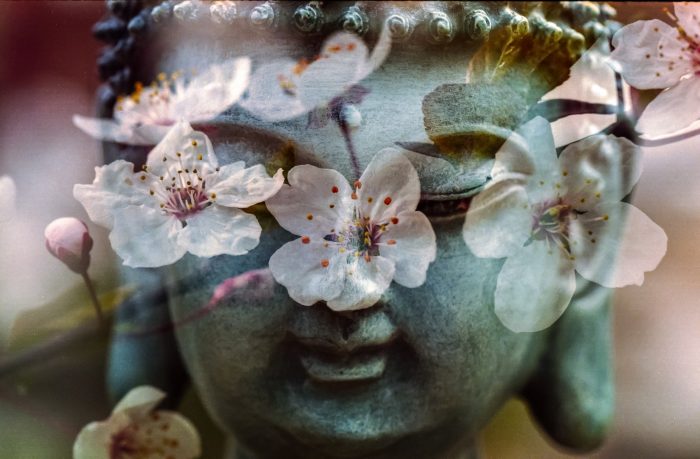My bookshelves have been empty for a while.
Last year, I had some time to go around my home and question why I have so many possessions. Gifts, purchases, and keepsakes were all scrutinised for relevance and I was determined not to let sentimentality be the obstacle to their removal.
I’ve had a lifelong interest in art, which started when I was quite young—my grandfather was keen on helping me look at art, and he gave me some of the very first art books I owned.
Over the 40 years or so when I worked in the art world, I collected many more books covering all areas of interest including Indian and Islamic art, rugs and textiles, Venice and the Renaissance, and British 20th century pictures and sculpture.
It turned out to be quite a large library.
In the early days, before the internet, I travelled around Europe on business and when I had spare time, I would drop in on antiquarian booksellers and specialist bookshops seeking out hard-to-find volumes.
There was much correspondence (yes, letters!), written back and forth between the booksellers and me. I would be asking if they had a particular book in stock and they would reply with the condition and price, and then I’d ask ask if they could put it aside until I was next in town.
Later, when I was working for myself, this library became an indispensable reference tool, saving me time and effort from having to visit specialist reference libraries. It was not unusual for people to ask if they could use it too.
I’ve moved home a couple of times, and schlepping the books was always a logistical headache—not only moving them but also finding the appropriate space to accommodate them.
A couple of years ago, I was looking at them and realised most of them hadn’t been taken off the bookshelf for years…and the library was essentially redundant.
It would have been inconceivable if you had asked me, even five years before, if I would consider disposing of any of these books.
Looking at the brightly coloured shelves groaning with the weight of the heavy tomes, it was obvious what I now had to do.
Taking the decision to remove them from my home turned out to be surprisingly straightforward once I’d made my mind up to put the plan into action.
A small group of frequently used books survived the cull, and because they were subjected to scrutiny, they are appreciated more.
If I ever need to look at a book I don’t have, I know I can go to a reference library and, of course, there’s a lot of material now online.
My attachment to this group of books was emotional. It gave me a lot of pleasure and helped satisfy my inquiring mind. There was the thrill of the chase and putting together a comprehensive library. The physical and emotional space now was too great and it had outgrown its usefulness.
I’ve found over the years, emotional attachment often gets in the way of making this type of decision. The original reason had changed and it is now redundant, no longer serving any purpose.
We live in abundance, and much of what we have is no longer relevant or sustainable. For many of us, we simply have too much.
The power of nonattachment, of letting go of things which are no longer helpful, makes us feel lighter and is liberating. Old ways of thinking, behaviour, habits, and objects can all be up for scrutiny.
How rigidly attached are you to things that no longer serve the evolutionary process? Can you let go of possessions, of specific ideas, timings, and outcomes? Can you let go? Or are you going to continue to be dragged and weighed down?
My book clear out showed me that when you question an attachment and then take appropriate action, you feel physically and mentally lighter, and that helps you move forward effortlessly with grace and ease.
~












Read 0 comments and reply